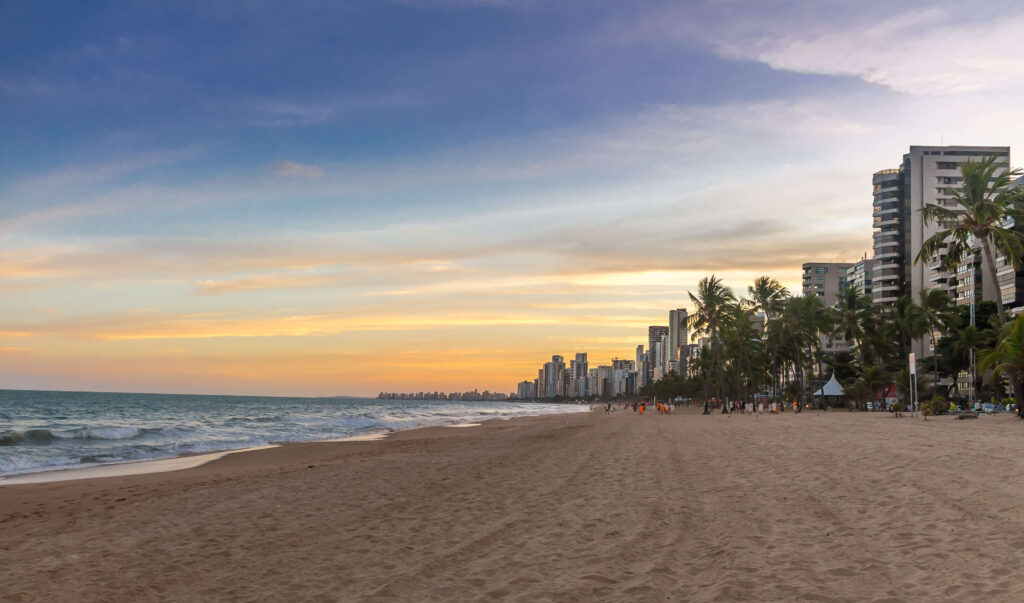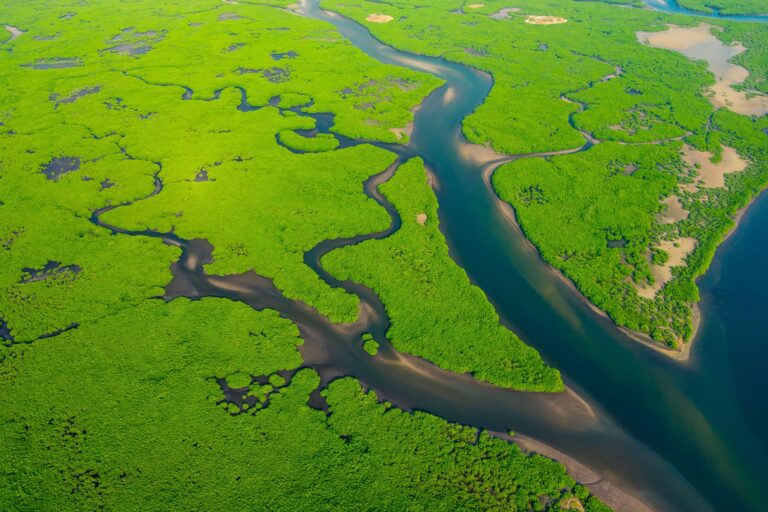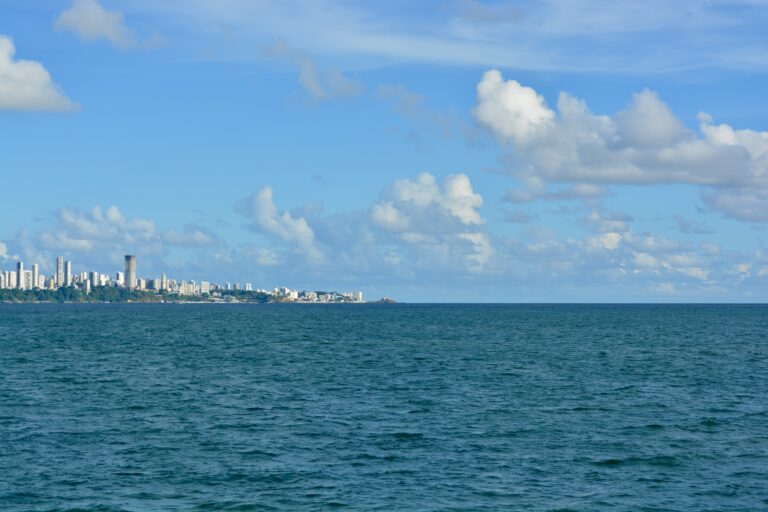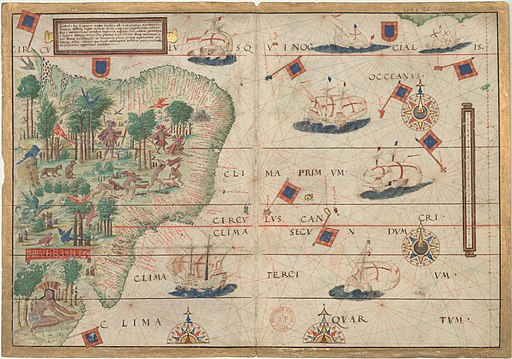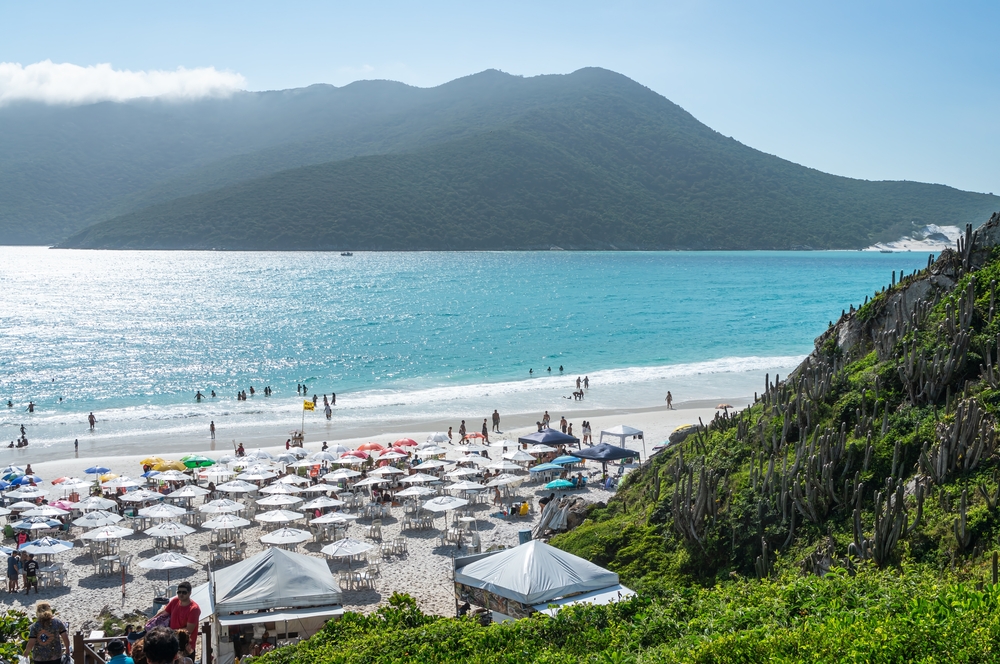Recife is a city in northeastern Brazil and is the capital of the state of Pernambuco. Its foundation is intertwined with the history of Portuguese colonization and the sugar industry.
Early Exploration: The area that would become Recife was first explored by Spanish navigators in the early 16th century. However, it was the Portuguese who began establishing settlements in the area in the 1530s.
Duarte Coelho’s Land Grant: In 1534, King John III of Portugal divided Brazil into hereditary captaincies, which were large tracts of land granted to influential Portuguese nobles to colonize and develop. The captaincy of Pernambuco was granted to Duarte Coelho Pereira.
Foundation of Recife: In 1537, Duarte Coelho arrived in Pernambuco and recognized the strategic importance of a natural harbor formed by the confluence of the Beberibe and Capibaribe rivers. He founded a settlement in this location, which was initially called “Ribeira de Mar dos Arrecifes dos Navios” due to the many reefs (‘arrecifes’ in Portuguese) close to the coastline. The name was eventually shortened to Recife.
Economic Growth: Recife’s location made it an ideal port for the sugar industry, which was booming in the 16th and 17th centuries in Brazil. The city rapidly grew in importance, overshadowing Olinda, which was the capital of the captaincy at the time.
Dutch Influence: In the 17th century, Recife was occupied by the Dutch for about 24 years. They renamed the city Mauritsstad in honor of Prince Maurits of Nassau, who governed Dutch Brazil. The Dutch made significant improvements to Recife, including the construction of bridges, canals, and fortifications. While the Dutch were eventually expelled by the Portuguese in 1654, their influence on the city’s urban structure and culture can still be seen today.
Today, Recife is known for its rich cultural heritage, beautiful beaches, and as a major economic hub in northeastern Brazil. Its foundation and development reflect the complex interplay of colonialism, economics, and geopolitics in the early history of Brazil.

